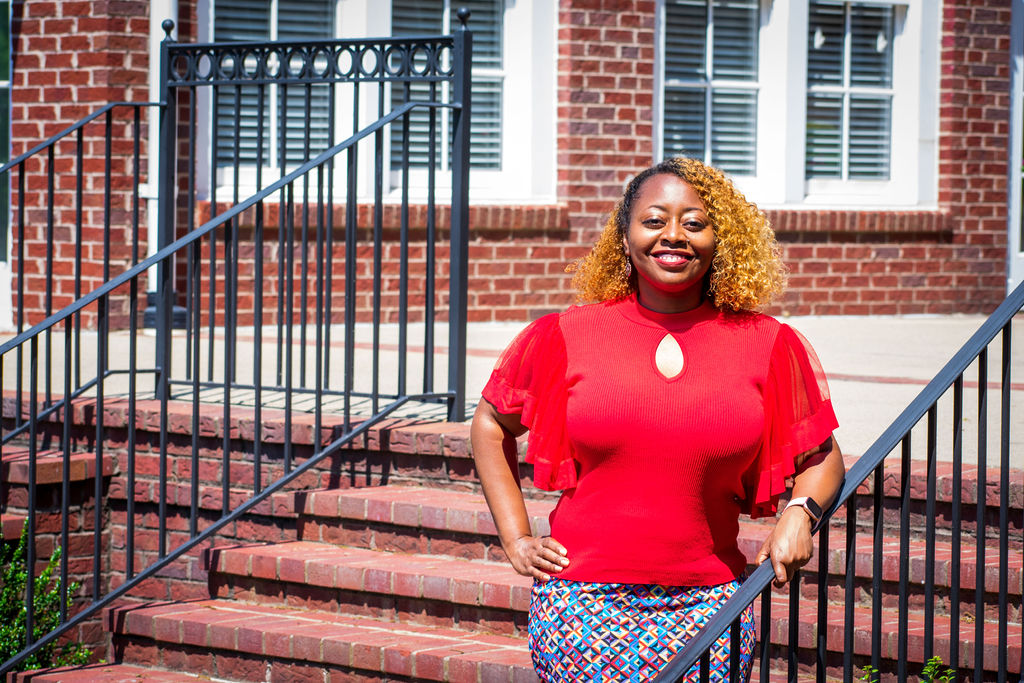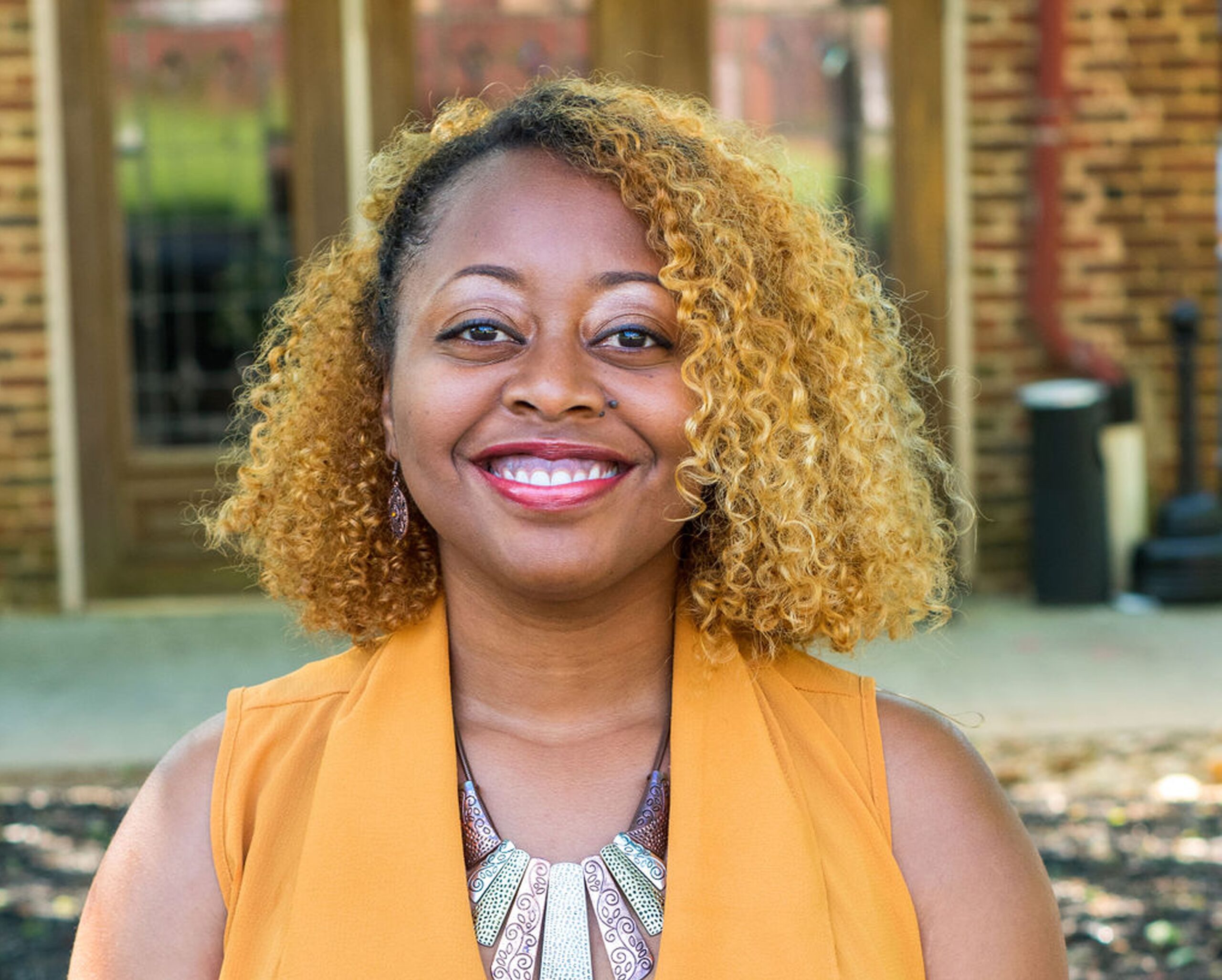Medically reviewed by Danielle Wade, LCSW — By Chantelle Pattemore — Updated on October 27, 2022
Being left out by friends isn’t something that only occurs during childhood. Here’s what could be going on.
For many, flashbacks of the school playground involve at least one incident of being left out of a game of catch or a ‘secret’ conversation.
But exclusion from friendship groups and social activities isn’t only restricted to kids. Recent 2021 research by Cigna revealed adults are often excluded, too: 42% of Americans ages 18-34 reported feeling ‘always left out.’
So what causes us to exclude others intentionally, and how does being ostracized impact mental well-being?
A couple of primary factors are typically behind the rejection.
Removing the competition
The first is when exclusion is used by someone “as a way of protecting their own place in a social group,” reveals Leah Roberts, a counselor and master of social work based in Florida.
For instance, maybe the excluder views themselves as ‘the funny one,’ but another friend makes everyone laugh just as much.
She continues: “When we perceive a threat to our sense of belonging, we want to recover our position in the social group. [This] unfortunately too often results in senseless rejection of someone else.”
Interestingly, 2011 research found that, compared to men, women were more likely to engage in exclusionary behaviors when they felt their social position was under threat.
Pure dislike
The second, explained Dr. Brianna Gaynor, clinical psychologist and director of Peace of Mind Psychological Services in Atlanta, is that “they do not connect with the person or do not like them.” As nice as it might be, we don’t get along with everyone.
Is social exclusion a form of bullying?
According to the anti-bullying organization Defeat the Label, being repeatedly and intentionally excluded by friends is a form of bullying.
Gaynor states that social exclusion, particularly in our earlier years, can leave emotional scars. “We carry our traumas, and our experiences with friendships can often shape whether we see the world and others as safe,” she explained.
However, Roberts notes it’s also important to consider context, and recognize the difference between being purposely excluded by a friend and them ending a friendship.
“Bullying is about repeatedly and intentionally harming someone,” she says. On the other hand, while “it can be very painful, not all friendships last forever.”
Being the friend that gets left out leads to far more than just fear of missing out. Gaynor explains that exclusion can cause an individual to:
- believe something is wrong with who they are
- focus on their shortcomings
- blame themselves for actions
- have embedded insecurities exacerbated (such as not being good enough)
Ostracization may also impact broader mental health. Long-term alienation, reveals Roberts, can lead to:
Research from 2018 also found that experiencing depression can cause an individual to be more sensitive to social exclusion — potentially creating a vicious cycle.







